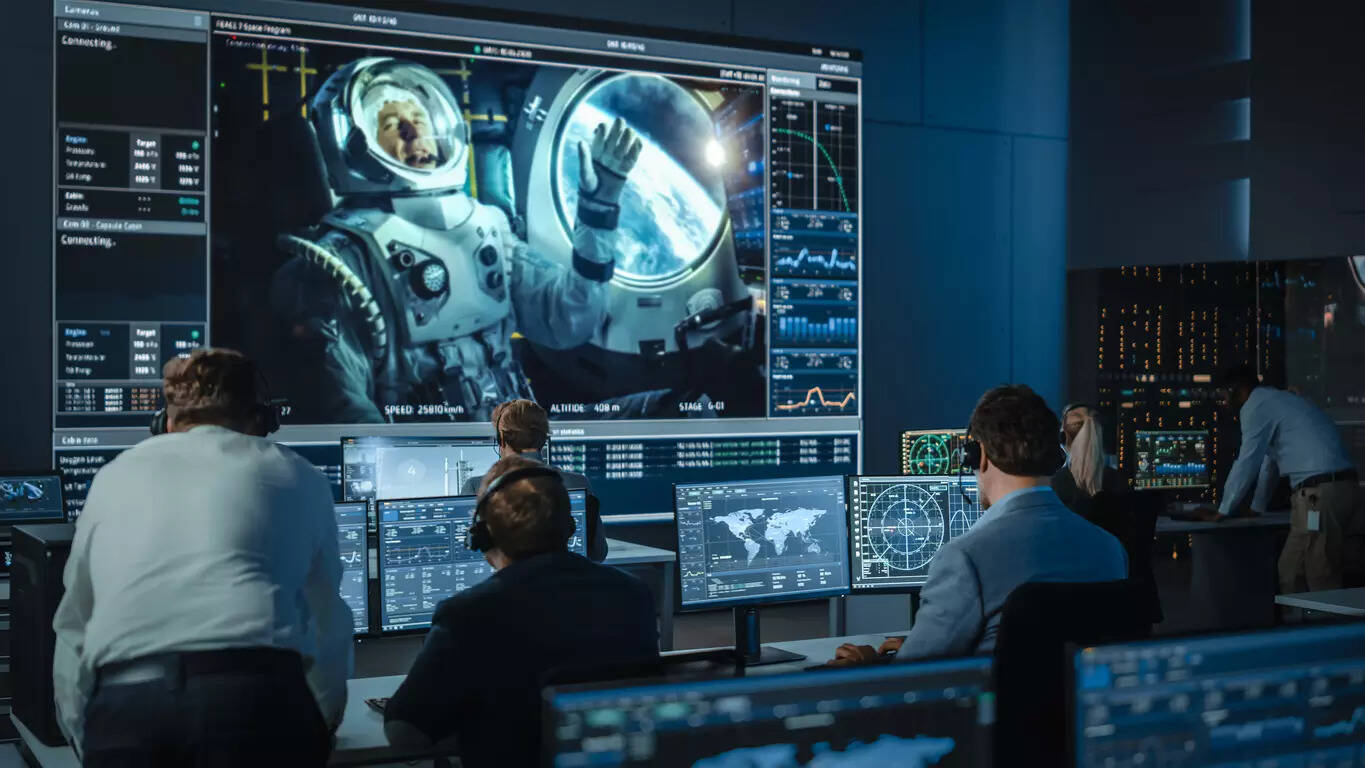
New Delhi: As humanity prepares for longer missions to the Moon, Mars, and beyond, NASA is intensifying efforts to understand how spaceflight affects the human body.
Aboard the International Space Station (ISS), astronauts are undergoing a range of medical tests, from drawing blood and monitoring vital signs to performing heart scans and fitness checks.
These studies help NASA assess how microgravity, radiation, and confined environments impact physical health over time.
The findings are essential for developing countermeasures to keep astronauts healthy on deep space journeys, while also offering insights for healthcare on Earth. With real-time support from ground-based teams, this research is shaping the future of crewed space exploration.
Daily diagnostics: Monitoring astronauts’ health in orbit
NASA astronauts like Nichole Ayers and Anne McClain are participating in multiple human research studies aboard the ISS.
Ayers, along with JAXA Commander Takuya Onishi, collected blood samples for the Immunity Assay, a study examining how spaceflight stress affects cellular immune function.
Meanwhile, McClain conducted ultrasound heart scans and measured her blood pressure to track cardiovascular health, helping identify early signs of artery stiffness and blood flow changes linked to microgravity.
Additional wearable technology, like the Canadian Space Agency’s Bio-Monitor headband and vest, enables continuous monitoring of vital signs during normal daily activities, including exercise and sleep. Data from these devices is transmitted to medical teams on Earth for analysis and follow-up planning.
Keeping astronauts and space systems healthy
In addition to medical testing, astronauts are also maintaining the critical hardware aboard the space station.
Jonny Kim and Onishi inspected life support systems like catalytic reactors and hatch seals to ensure a safe onboard environment. Botanical studies in the Kibo module are exploring how plants grow and divide in microgravity, offering a dual benefit: food production and biological insights.
Roscosmos crew members contributed to the research with respiratory diagnostics and treadmill-based fitness evaluations.
These health assessments are part of a broader NASA strategy to prepare for long-duration missions where crew autonomy and system reliability are crucial. From heart scans to habitat checks, it is all part of safeguarding the future of spaceflight.